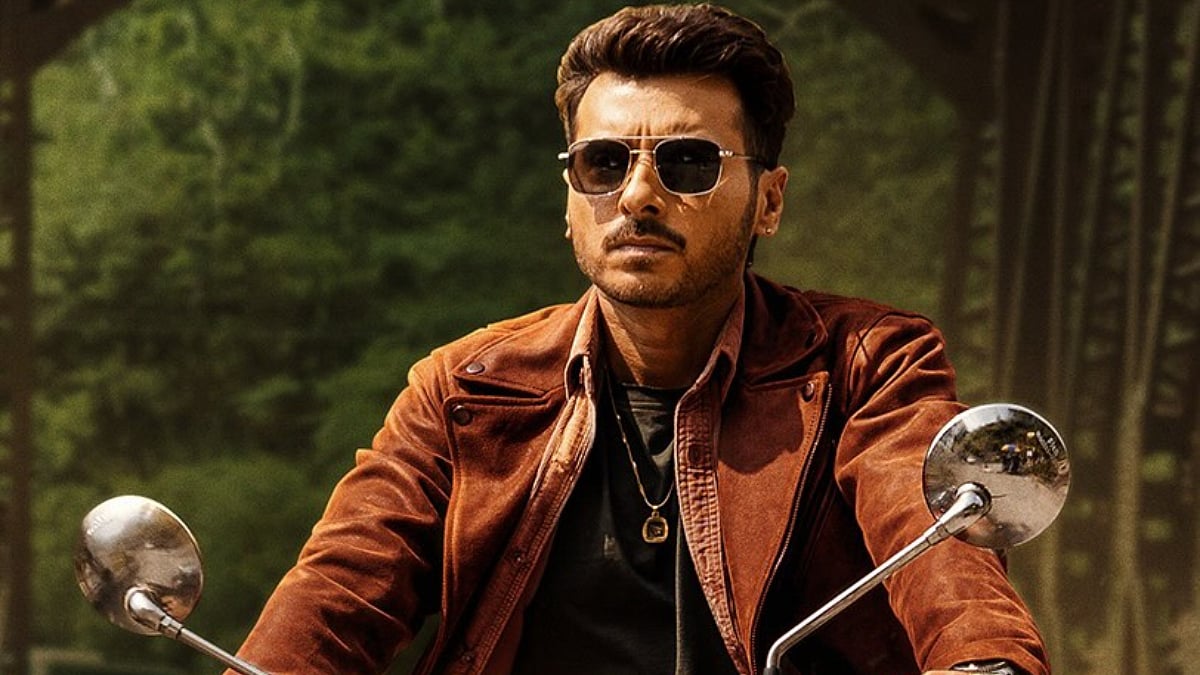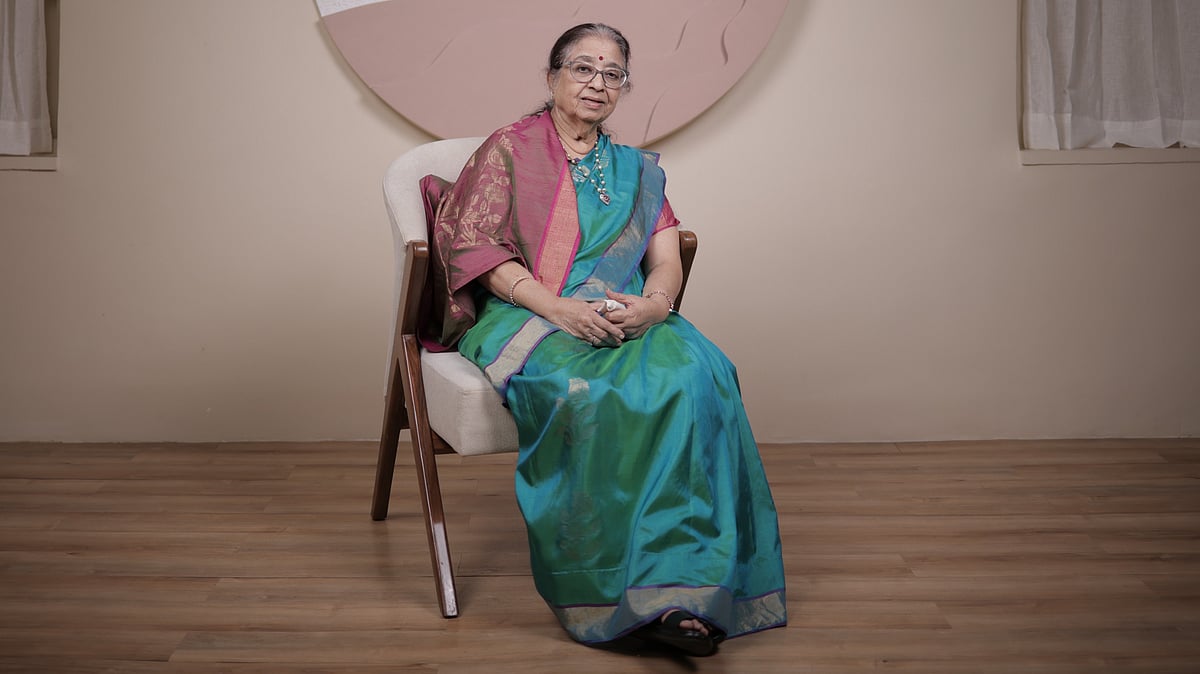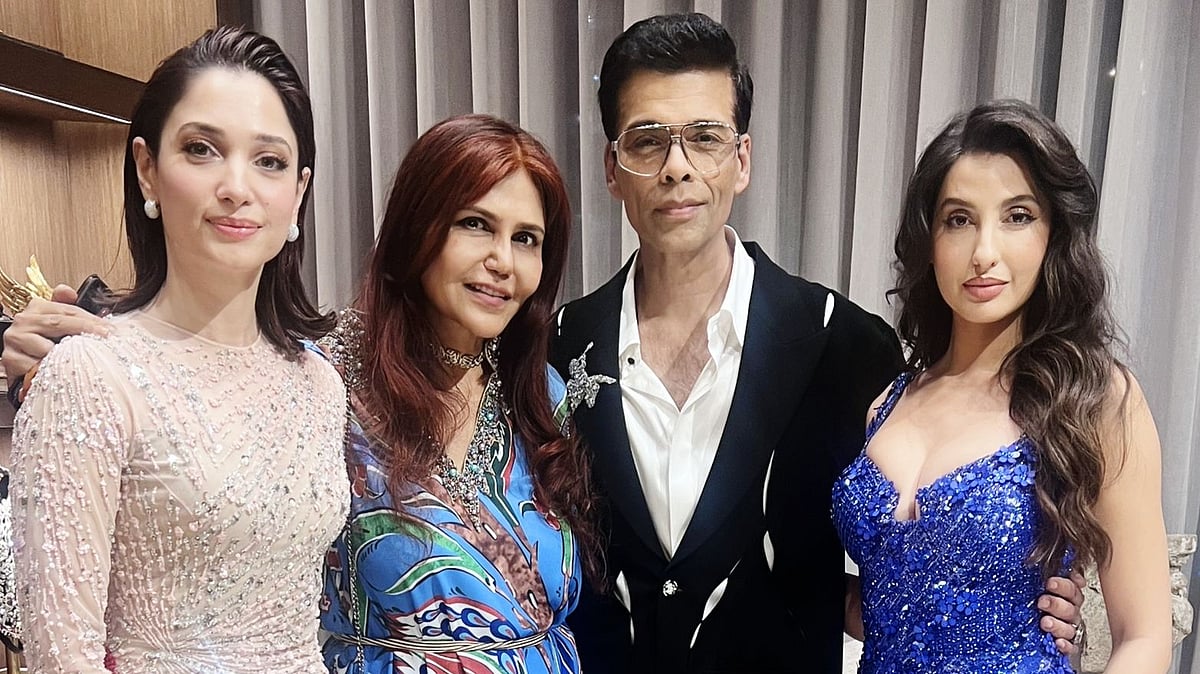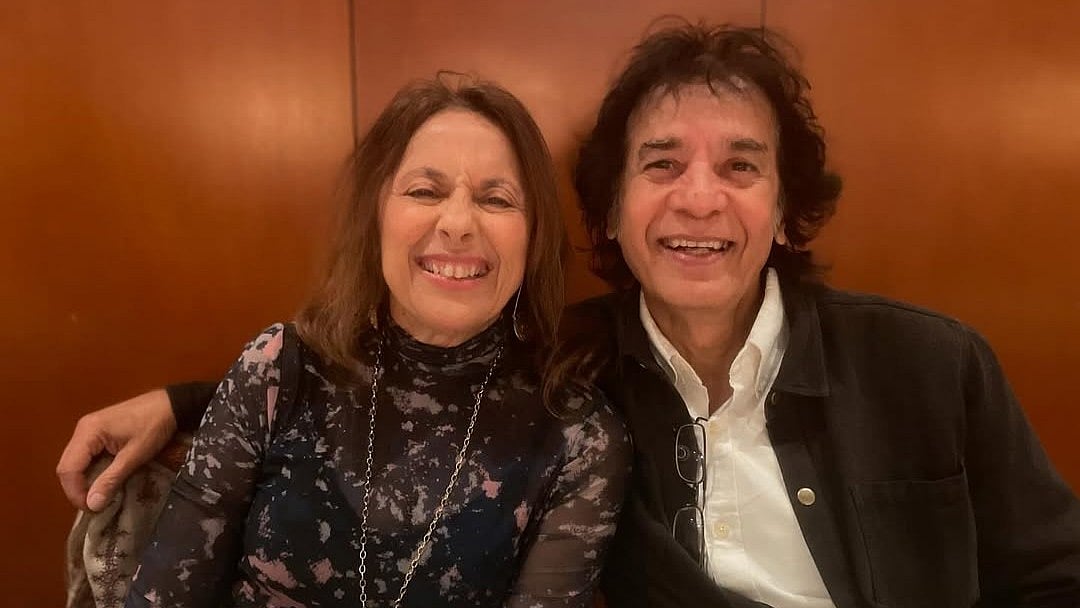Even if it's all about losing ones taste-buds during pandemic, hearing Chef Moshe Basson speak across from Israel was like a world served at its best on a platter. This was the kind of feeling I had while talking to Chef Moshe Basson over a WhatsApp call. “Well, it’s morning here, but I guess I should say good afternoon, since that must be the time in India,” he laughingly said, from Israel. And, I realised the time zone difference then!
Chef Basson, of the Eucalyptus restaurant, Jerusalem, will be participating along with Chef Thomas Zacharias of The Bombay Canteen, Mumbai, in virtual event, organised by the Israel Consulate, Mumbai. The focus of the food-filled discourse will be the culinary connect between Israel and India, and will also have a live cook-along between the two chefs today (November 29 at 7.30 pm).
Talking to Chef Basson was like taking a walk through history of not just Israel, but his ancestors as well. Speaking about his connection with India, Chef Basson says, “My family was in India over the centuries — coming and going. And our last connection with India was over 60-65 years ago when my mum’s aunt from Baghdad settled there. They came to visit us in Israel during our initial years in the country when were were living as refugees.” His family was originally from Iraq, and the chef was a baby when they had to leave the country and move to Israel.
Sharing a fond memory from his childhood of his relative from India, Chef Basson gets nostalgic. “Our Indian family came to visit us and I don’t know how they found us without telephones. I am 70 now, and this was around when I was six years old, but I still remember the visit. They brought me a present, I can't recollect what it was though. But, I was jealous and angry because my sister, who is younger than me, got a glass-studded (which looked like diamonds) comb. And, I was furious because she got diamonds and I got nothing! A few years later we lost contact with this part of my family, but I intend to ask my mom for details and may be through you and this Zoom meeting I hope to renew the connection with that side of my family.”
During the cook-along with Chef Zacharias, Chef Basson will be making a Jewish Iraqi dish called Salona. And while speaking about his dish, he reveals, yet again, the dish’s India connection. One of the ingredients the chef uses is tamarind. “And you will be surprised to know how it came to be called as that!” he jovially expresses.

Chef Thomas Zacharias |
Taking us back thousands of year, when tamarind first arrived in Israel, Chef Basson says, “Tamarind looks like big beans. And the traditional way of importing it was breaking it into blocks. So, when it first arrived here from India, it looked like dates to the Israelite. But, it as not sweet like the dates from Jericho — it was sour. So they called it dates from India, and in Hebrew it became ‘tamar indi’ (tamar in Hebrew means dates). Tamarind then became the international name of the fruit, which is still used, even in India. But, not many know that it’s a mistake, because people thought it was dates and so in Hebrew they called it tamar – dates from India!”
There are a lot of similarities between Indian and Israeli cuisines due to the cultural exchanges between the two counties over the years. Ask Chef Zacharias to describe the common aspects between the food of both the countries, he says, “Cuisines of both the nations are influenced by a lot of historic events, cultural exchanges, geography and the topography of the places. India and Israel are very ancient cultures and so the cuisine goes back to several hundreds of years as well. Also, the most common point between both is the love that goes into the cooking — it’s very soulful cooking and that shows and comes through in every dish.”
While the commonalities are quite evident, there are differences too. “Primarily, the difference lies in the ingredients. During my visit to Israel last year, I noticed that right from spices to the produce that are used...it’s quite different. In India, we don’t really use a lot of common vegetables and fruits in our cooking, including herbs. But in Israel they do. The ingredients make the cuisines stand apart from each other, but the style of cooking and techniques are similar actually,” Chef Zacharias says.
Ask him what he likes about Israeli food and his favourite Israeli dish, Chef Zacharias says, “What I like about the food is it’s constantly evolving. You can’t really pinpoint and say this Israeli and this is not, because it’s again a cuisine that borrows and is influenced by a lot of cuisines from around the world. So I think there is a certain magical dimension to it, which is hard to pinpoint. I spent almost two weeks in Israel last year, travelling through the country and there was so many incredible dishes that I tasted — stuff that I had not really tasted before. But my favourite of them all was this sandwich called Meorav Yerushalmi, which is a mind-blowing Jerusalem mixed grill. It originated at an iconic restaurant called Hatzot in the Mahane Yehuda market in Jerusalem. There is so much flavour packed in the sandwich with so many different textures, I am salivating just thinking about it.” And, so is this writer!
Coming to his cook-along with Chef Basson, Chef Zacharias says, “During the course of the event, Chef Basson and I will exchange ideas and make two recipes each, representing our respective cultures. It’s going to be fun, casual and interactive session, which will be moderated by Mr Nimrod Kalmar, Deputy Consul General of Israel in Mumbai, and will be inaugurated by Consul General Yaakov Finkelstein. Chef Basson is doing a fish dish and a lentil stew and I am excited to try both of them.”
Just the way Indian food is incomplete without the use of spices and herbs, and given the discussion will also be about spices and flavours of cuisines from both the countries, we had to ask him to name of spice or herb that represents his style of cooking. “Curry leaf for sure. Not because I am from Kerala, but because curry leaf is one of the most intense and complexly flavoured herbs and contributes so much to a dish, and can be used in so many different ways. It also adds so much depth to what you cook.”









